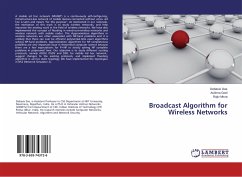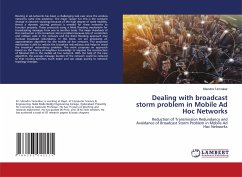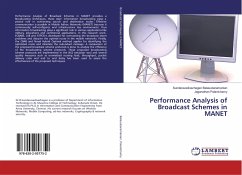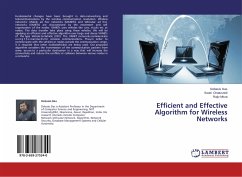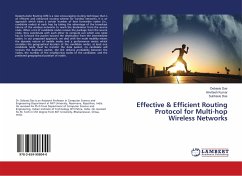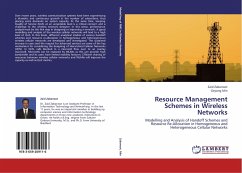A mobile ad hoc network (MANET) is a continuously self-configuring, infrastructure-less network of mobile devices connected without wires. Ad hoc is Latin and means "for this purpose". As mentioned in our rationale, the motivation of this work is to study wireless networks, and help improvise the existing work in the field of wireless networks. We have also implemented the concept of flooding in wired-cum-wireless networks and wireless network with mobile nodes. The Approximation algorithms in wireless networks are often associated with NP-hard problems and it is unlikely that there can ever be efficient polynomial-time exact algorithms solving NP-hard problems. Approximation algorithms for NP completeness problems are very important issue in theoretical computer science because there are a few expectations for P=NP or strictly solving NP complete problems in polynomial time. Our objective is to study different routing protocols, namely AODV, DSDV and DSR, for mobile Ad hoc network, suggest changes to the existing protocols, and implement flooding algorithm in ad hoc static topology. We have implemented the topologies in NS2 (Network Simulator 2).
Bitte wählen Sie Ihr Anliegen aus.
Rechnungen
Retourenschein anfordern
Bestellstatus
Storno

